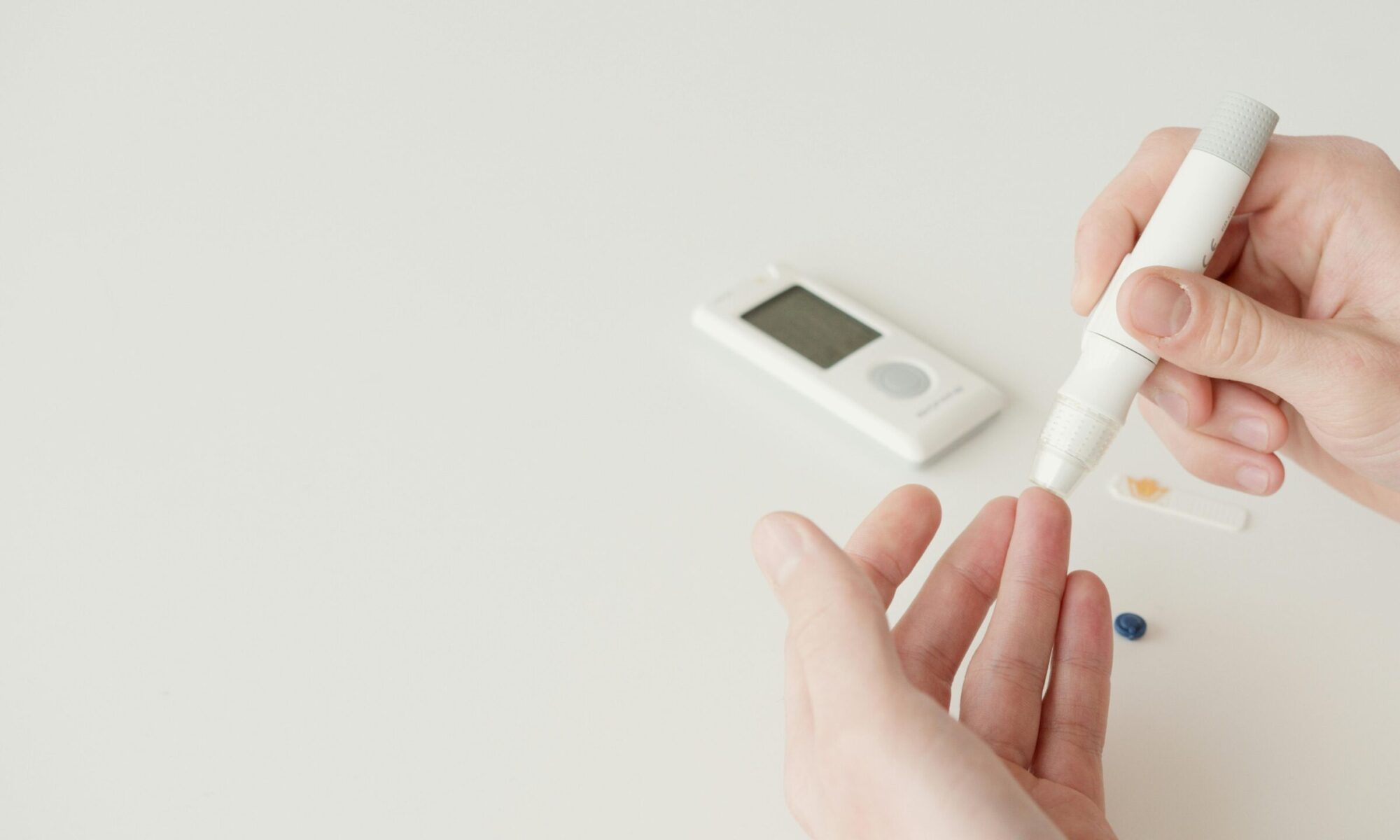Diet plays a central role in managing blood sugar levels for individuals with diabetes or prediabetes. The right food choices can stabilize glucose levels, enhance insulin sensitivity, and prevent complications. Here’s a comprehensive guide to managing blood sugar through dietary habits and practical meal planning strategies.
Understand the Basics of Blood Sugar Management
Blood sugar levels are influenced by the types, quantities, and timing of the foods you eat. Carbohydrates, in particular, have the most significant impact as they are broken down into glucose. However, protein and fat also play roles in blood sugar regulation by affecting digestion and energy levels.
Key Points:
- Balance your meals with carbohydrates, proteins, and healthy fats.
- Avoid rapid spikes in blood sugar by choosing complex carbohydrates and high-fiber foods.
- Space meals and snacks evenly throughout the day to prevent large fluctuations.
Foods That Help Control Blood Sugar
Focus on nutrient-dense, low-glycemic foods that promote stable blood sugar levels.
High-Fiber Foods:
- Vegetables: Spinach, broccoli, cauliflower, zucchini, and green beans.
- Legumes: Lentils, chickpeas, and black beans.
- Whole Grains: Quinoa, oats, and brown rice (in moderation).
Lean Proteins:
- Skinless poultry, fish, eggs, tofu, and low-fat dairy products.
- Proteins slow down glucose absorption and keep you full longer.
Healthy Fats:
- Avocados, nuts (like almonds and walnuts), seeds (like flaxseeds and chia seeds), and olive oil.
- These fats support heart health and provide sustained energy.
Low-Glycemic Fruits:
- Apples, pears, oranges, berries, and guavas.
- These fruits release sugar more slowly into the bloodstream.
Spices with Potential Benefits:
- Cinnamon, turmeric, and fenugreek seeds have been associated with improved insulin sensitivity.
Foods to Limit or Avoid
Some foods cause rapid spikes in blood sugar and should be limited or avoided:
Refined Carbohydrates:
White bread, white rice, pasta, and baked goods made with refined flour.
Sugary Beverages:
Soda, packaged fruit juices, and energy drinks.
Processed Snacks:
Chips, cookies, and sugary granola bars.
High-Sugar Desserts:
Cakes, candies, ice creams, and traditional sweets.
Hidden Sugars:
Check labels for added sugars in packaged foods like sauces, yogurts, and dressings.
Meal Planning Tips for Blood Sugar Control
Follow the Plate Method:
- Fill half your plate with non-starchy vegetables (e.g., leafy greens, carrots, broccoli).
- One-quarter with lean protein (e.g., grilled chicken, fish, or tofu).
- One-quarter with whole grains or starchy vegetables (e.g., quinoa or sweet potatoes).
Prioritize Portion Control:
Even healthy foods can raise blood sugar if consumed in excess. Use measuring tools or visual cues to manage portion sizes.
Include Protein and Healthy Fats in Snacks:
Pair fruits with a handful of nuts or whole-grain crackers with hummus to stabilize blood sugar between meals.
Choose Whole Foods Over Processed Foods:
Opt for minimally processed foods to avoid hidden sugars and unhealthy additives.
Hydrate Smartly:
Drink plenty of water and avoid sugary drinks. Staying hydrated supports glucose metabolism.
Timing and Frequency of Meals
Eat Regularly:
Space meals evenly every 3-4 hours to prevent blood sugar fluctuations.
Don’t Skip Meals:
Skipping meals can lead to low blood sugar followed by overeating, which disrupts glucose control.
Plan for Snacks:
Have a small, balanced snack if your next meal is more than 4 hours away.
Evening Meals:
Avoid heavy, carb-rich dinners close to bedtime. Opt for lighter meals with vegetables and protein.
Monitor Your Blood Sugar Response
Test Regularly:
Use a glucose meter or continuous glucose monitor (CGM) to understand how your body reacts to different foods.
Identify Patterns:
Keep a food diary to track what you eat and how it affects your blood sugar.
Adjust Accordingly:
Use your findings to adjust portion sizes, meal timings, or food choices.
Lifestyle Factors Complementing Diet
Stay Active:
Pair a healthy diet with regular physical activity to enhance insulin sensitivity and glucose utilization.
Manage Stress:
Stress can affect blood sugar levels. Incorporate relaxation techniques like meditation or deep breathing.
Sleep Well:
Poor sleep can disrupt hormones involved in glucose regulation. Aim for 7-9 hours of quality sleep per night.
Managing blood sugar through diet is not about restriction but about making thoughtful, informed choices. By focusing on nutrient-dense foods, balanced meals, and regular eating habits, you can stabilize glucose levels and improve your overall health. Remember, small, consistent changes can lead to significant long-term benefits in diabetes management. Pair your diet with an active lifestyle and regular monitoring to achieve optimal results.
Disclaimer:
The content on this website/article is community-driven and contributed by non-medical professionals. The observations and views expressed reflect the experiences and opinions of the non-medical community. You are strictly advised to seek the advice or opinion of a qualified medical professional before considering or acting on any information, opinions, or views presented on this website.
View Count: 2918 Views

